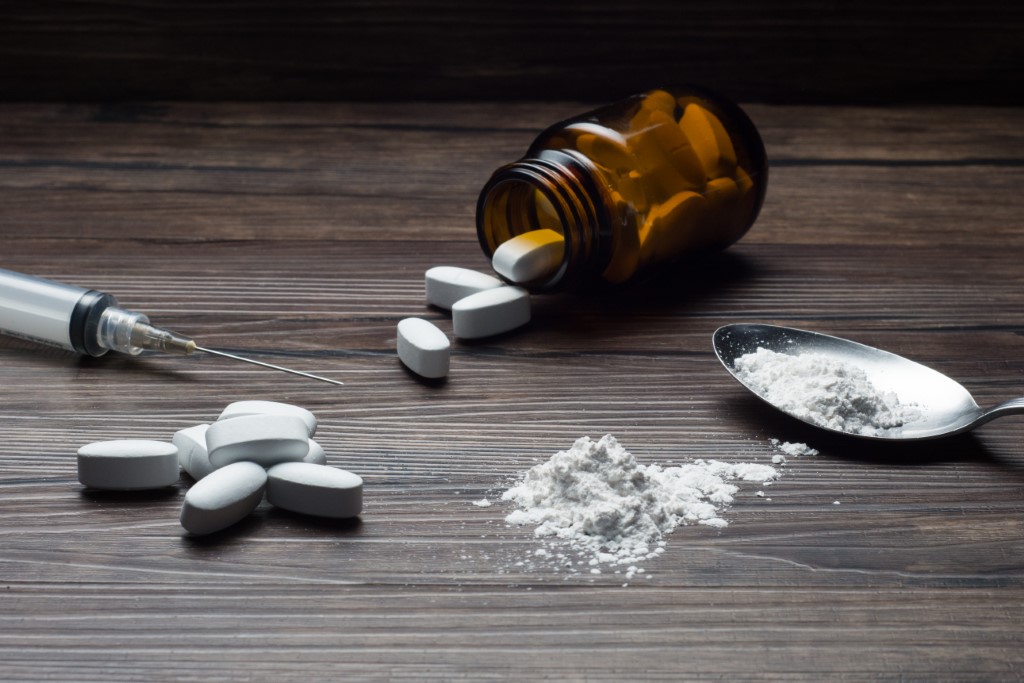The first time you find those small, unassuming bottles tucked away in a cabinet, you might not think much of it. Prescription painkillers, after all, are prescribed by a doctor; they must be safe, right? That’s what my family thought too, until the day my parent’s life spiraled out of control, leaving us in a terrifying reality that few dare to speak about openly in South Africa.
You may be surprised to learn that prescription opioids share many of the same chemical properties as heroin. The active ingredients in both bind to the opioid receptors in the brain, releasing a rush of dopamine. That euphoric feeling is often what people chase, not realizing they’re tiptoeing on the precipice of addiction.
Here’s a little-known fact that’s critical for you and your family to grasp: an American study found that nearly 80% of heroin users reported using prescription opioids prior to heroin. This transition isn’t mere coincidence; it’s a harrowing pattern that reveals the potential for painkillers to act as a gateway to stronger, illicit substances. South Africa, with its own burgeoning opioid crisis, isn’t immune to this tragic turn of events. In our country, codeine-based prescription drugs are a popular choice, often marketed as less harmful alternatives. Yet, just like my parent, many people start with these medications for legitimate pain relief, then find themselves unwittingly descending into a life-altering addiction.
Health Care in South Africa
The inadequacy of South Africa’s healthcare system in dealing with addiction isn’t just a minor inconvenience; it’s a devastating gap that exacerbates the addiction crisis. Let’s get specific here: South Africa has a two-tiered healthcare system, consisting of public and private sectors. While the public sector serves the majority of the population, it is often under-resourced and overcrowded. Even if you manage to access public healthcare for addiction treatment, the quality and availability of specialized care are sorely lacking. Detox and rehabilitation services are limited, to say the least.
In the private sector, you’ll find well-equipped facilities with a range of treatment options. However, this luxury comes at a steep price, typically too high for the average South African family. Private medical insurance might cover a portion of the cost, but it’s a hurdle of paperwork and often, a battle with insurance companies who are reticent to cover addiction treatments in full. This economic divide in healthcare access further deepens social inequalities, segregating addiction treatment into a privilege for those who can afford it.
And there’s an even darker layer to consider: stigma. The cultural taboos surrounding addiction in South Africa can deter people from seeking help. You might fear social reprisals, job loss, or family exclusion. The dearth of quality public awareness campaigns and educational initiatives means many South Africans aren’t fully aware of the risks and realities of prescription drug addiction. This ignorance, fed by stigma, makes people less likely to seek help, either because they don’t recognize the severity of their situation or they’re afraid of the consequences.
You may also find a lack of holistic care, where mental health isn’t considered in tandem with addiction treatment. Yet, it’s often underlying mental health issues that contribute to addiction in the first place. Without addressing these root causes, treatment is often a temporary patch at best.
Caught in this disheartening cycle, you might feel like you’re left to your own devices, desperately cobbling together whatever help you can while watching a loved one deteriorate. It’s a haunting reality that could be mitigated if South Africa’s healthcare system offered more affordable, accessible, and comprehensive addiction treatment. But until then, families like yours are left to navigate a broken system, burdened by the weight of its inadequacies.
So, what’s the alternative?
First, be proactive in understanding the prescriptions you or your family members are taking. If painkillers are the only option, consult your doctor about the lowest effective dose and a clear tapering schedule. Second, don’t underestimate the value of second opinions and alternative therapies. Modalities like physiotherapy, acupuncture, and even some forms of exercise could offer pain relief without the looming risk of addiction. Lastly, advocate for more comprehensive addiction treatment options within the South African healthcare system. Our voices, collectively raised, can no longer be ignored.
The takeaway here is straightforward but urgent: prescription painkillers carry a risk that’s too significant to ignore, especially in a country where the leap from these medications to more dangerous substances is not only possible but increasingly common. Learn from our family’s heartbreak. Don’t let another bottle in the cabinet become a life you can’t get back
